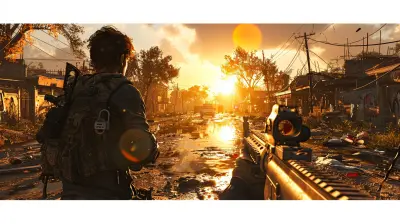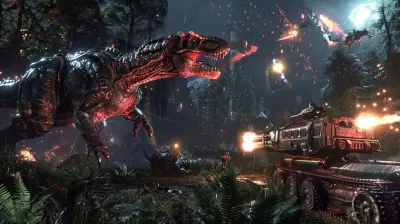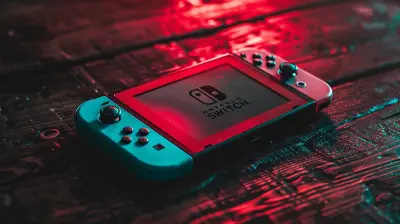The Global Impact of Fighting Game Communities
4 June 2025
When you think about fighting games, what comes to mind? Maybe it’s the rapid button mashing or the iconic “Hadouken!” from Street Fighter. But beneath the punches, kicks, and combos lies something extraordinary—the vibrant and tight-knit communities that have shaped not just gaming culture but the world at large. Fighting game communities (FGCs) are more than just groups of people who play games; they’re breeding grounds for creativity, camaraderie, and cultural exchange.
What’s fascinating is just how far-reaching their impact is. From influencing pop culture to fostering inclusivity and even promoting personal growth, the influence of FGCs goes way beyond the arcade. So, let’s dive in and uncover how these communities have left their mark across the globe. 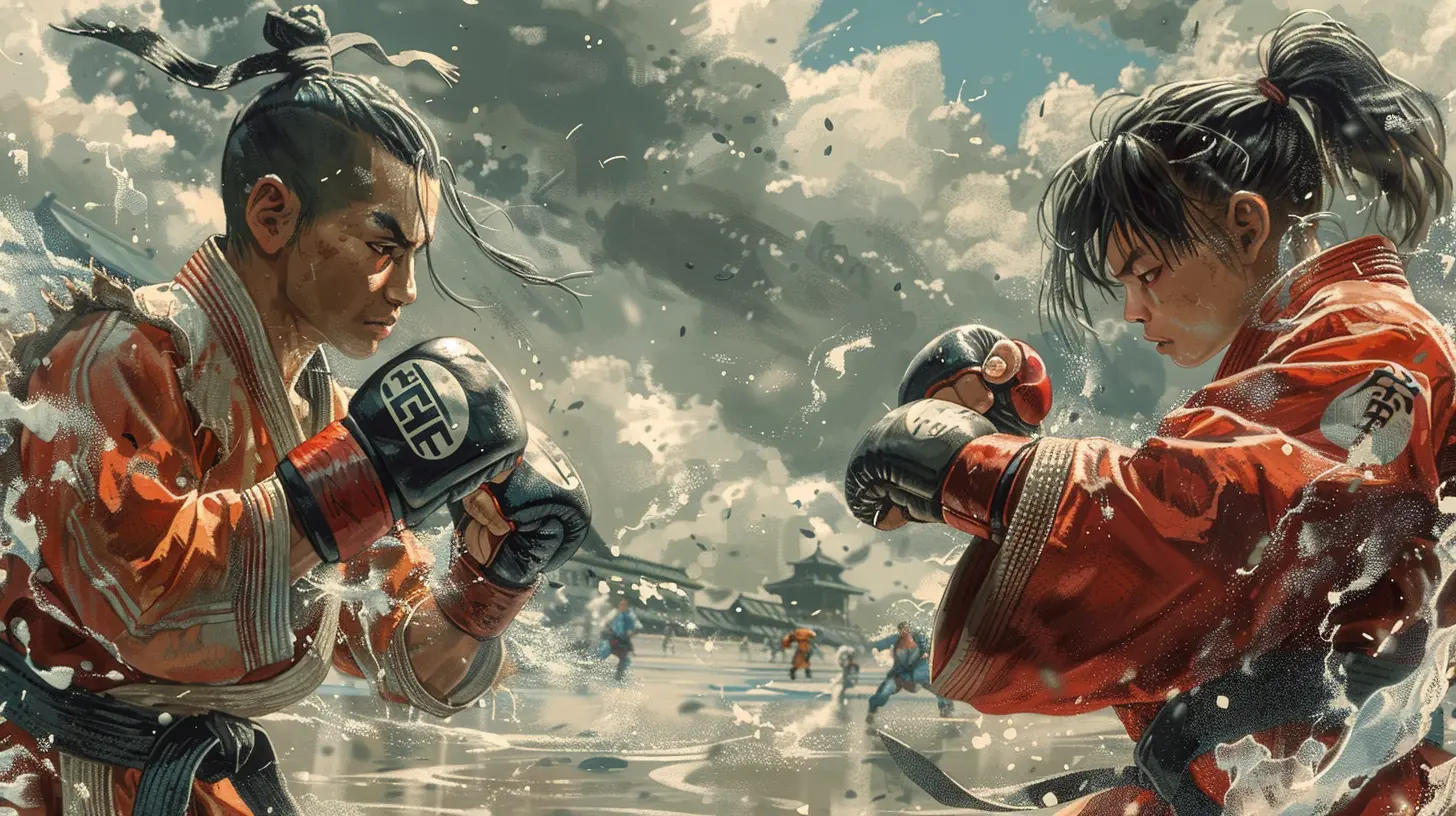
A Brief History: Where It All Started
Let’s take a quick trip down memory lane. Fighting games exploded onto the scene in the late ’80s and ’90s with titles like Street Fighter II and Mortal Kombat. Arcades became the battlegrounds for local players to test their skills, talk trash, and earn—dare I say it—clout.But it wasn’t just about the games. Arcades became social hubs where gamers connected over their shared love of competition. Sure, the internet wasn’t a thing yet, but word of mouth was just as powerful. People traveled miles to face off against the best players in their region, creating small but impactful networks of enthusiasts.
Fast forward to today, and those humble beginnings have morphed into something massive. From local tournaments to global events like EVO (Evolution Championship Series), fighting game communities have gone from a niche subculture to a worldwide phenomenon. 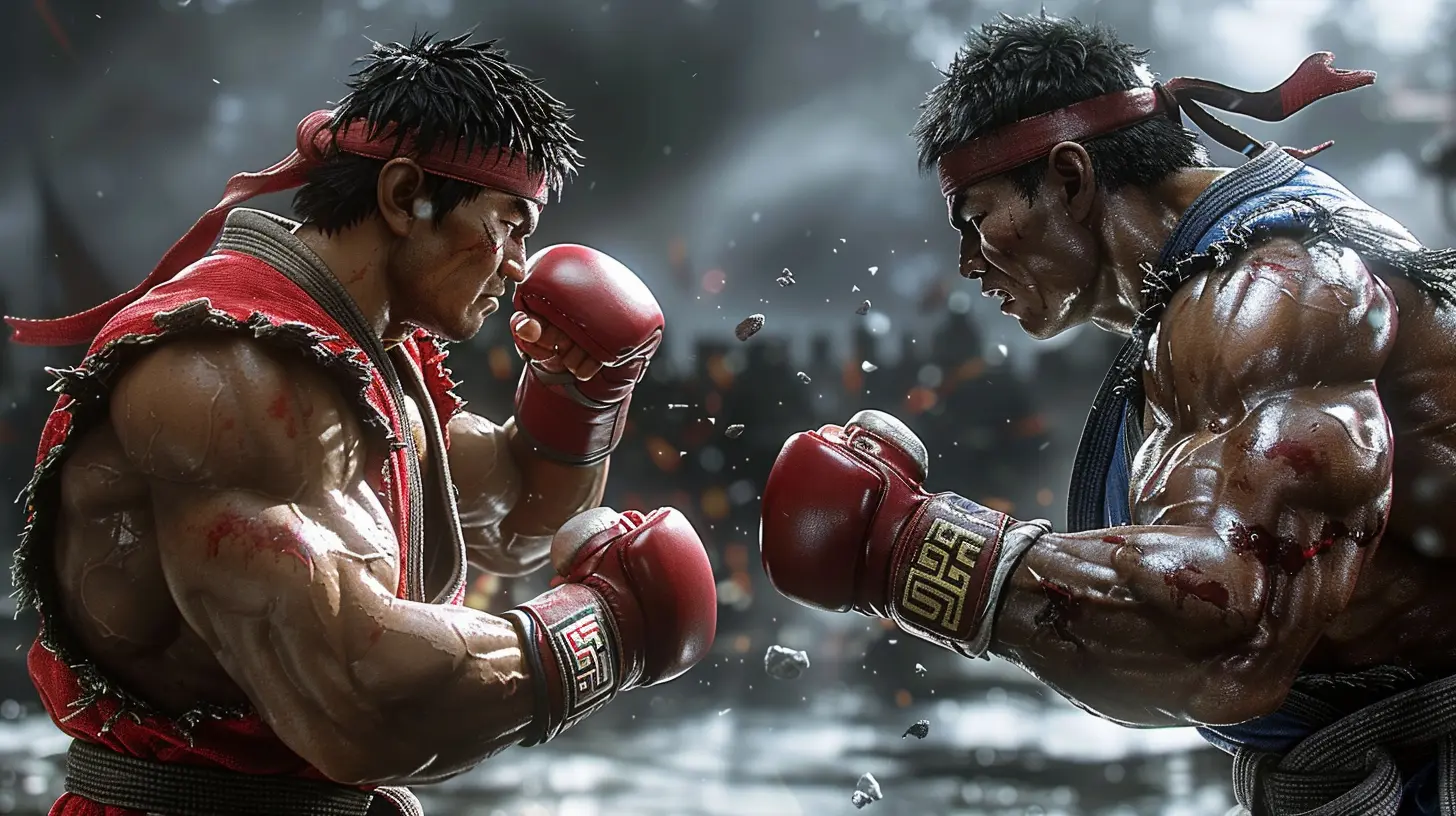
The Rise of Esports: FGCs on the Global Stage
Let’s not skirt around the facts—fighting games don't dominate the esports world like MOBAs (League of Legends, anyone?) or first-person shooters. But that doesn’t mean they lack influence. On the contrary, fighting game tournaments are some of the most electric events in the esports scene.Take EVO, for example. Held annually, it’s the Super Bowl of fighting games. Players from every corner of the globe gather to compete in games like Tekken, Street Fighter, and Super Smash Bros.. EVO is more than a tournament; it’s a celebration of the FGC spirit. It’s where dreams are made, legends are born, and some of the most jaw-dropping moments in competitive gaming history go down.
Remember that EVO Moment #37 involving Street Fighter III: Third Strike? The one where Daigo Umehara parried Chun-Li’s Super Combo to clutch the match? If you don’t, do yourself a favor and look it up—trust me, it’s the stuff of legends. Moments like this have transcended gaming to become iconic even outside the community. 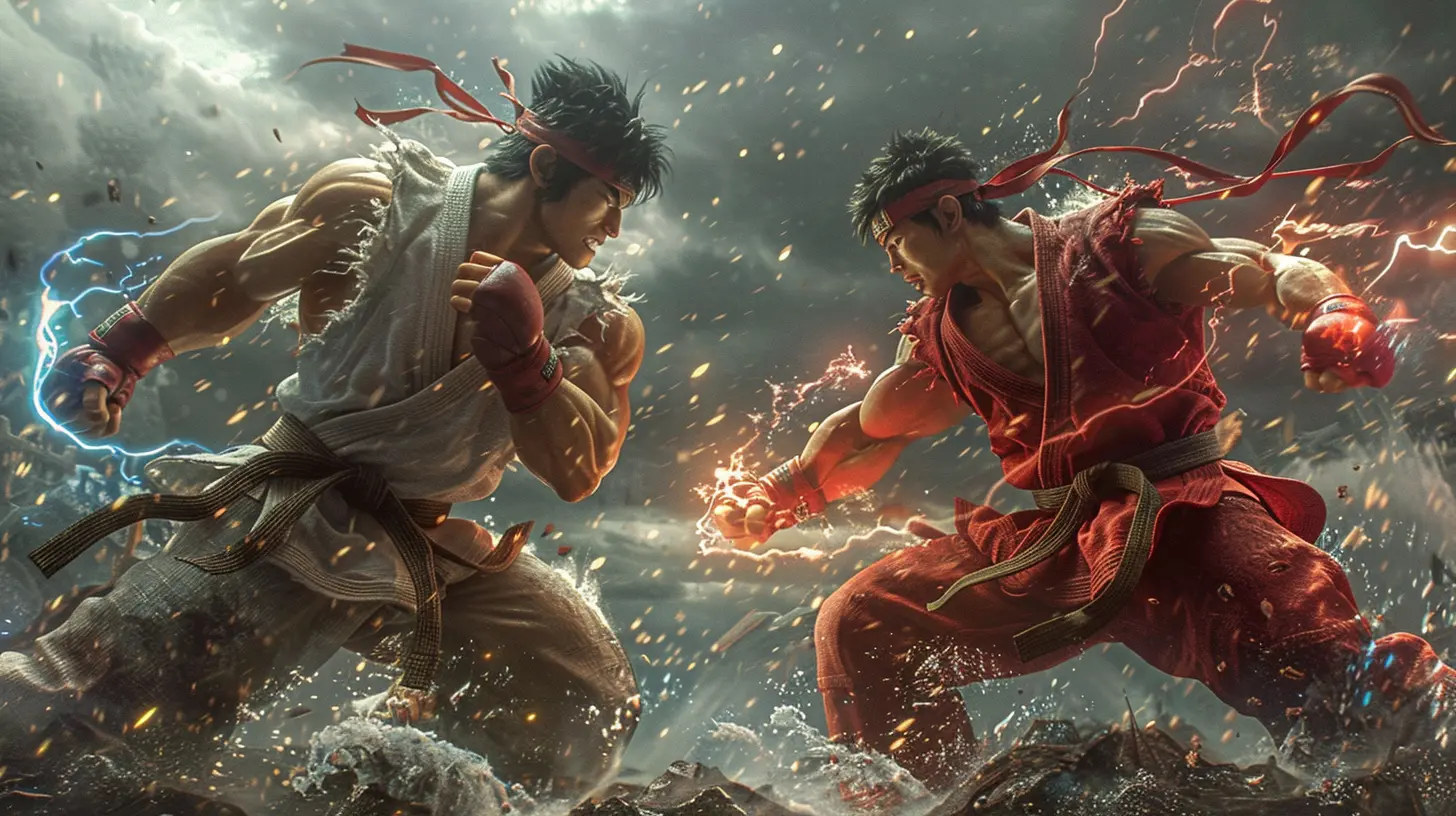
A Melting Pot of Cultures
One of the most beautiful aspects of FGCs is how they bring together people from all walks of life. Whether you’re from Tokyo, New York, or São Paulo, a good match is a universal language. Fighting games are inherently simple to pick up—two players, one screen, fight to the finish. But the strategies and mind games? Those dive deep.This universality fosters a unique environment where diversity thrives. At tournaments, you’ll see players from different countries bonding over pixel-perfect combos and frame data. These connections often transcend cultural barriers, bridging gaps and fostering an appreciation for different perspectives.
FGCs have even played a role in popularizing cultural concepts on a global scale. For example, Japanese terms like “otaku” or “shoryuken” are now part of mainstream gaming vernacular, thanks in large part to the FGC’s influence. 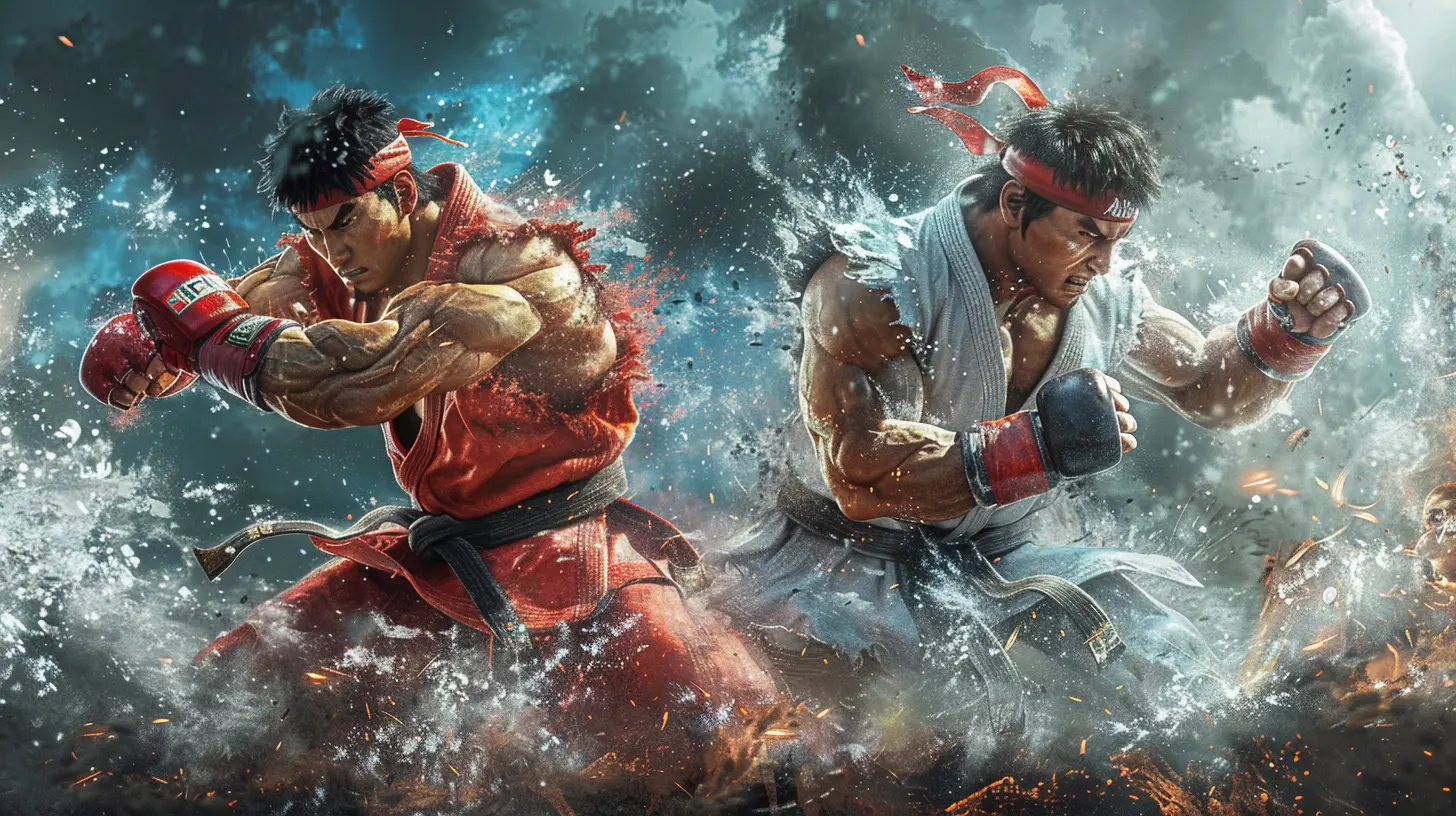
FGCs and Pop Culture: More Than Just Games
Let’s face it: gaming and pop culture are inseparable. And fighting games? They’ve got some serious pop culture cred. Think about it—characters like Ryu, Scorpion, and Chun-Li have become cultural icons. You probably don’t even need to be a gamer to recognize them.Fighting game communities have also inspired other forms of media. From animated shows like Street Fighter II: The Animated Movie to movies like Mortal Kombat, these games have left an indelible mark. Even music has felt the FGC’s influence, with artists sampling in-game soundtracks in their songs or paying homage to iconic moves in their lyrics.
Heck, even memes owe a lot to the FGC. Who hasn’t seen someone shout, “Finish him!” or reference M. Bison’s infamous “Yes! Yes!” moment in everyday conversations?
FGCs as a Force for Good
It’s not all fun and games (though it mostly is). Fighting game communities have used their platforms to do some real good in the world. Let’s talk about charity tournaments like Combo Breaker or community-driven events like Games Done Quick.These gatherings raise funds for causes like disaster relief, cancer research, and mental health awareness. Behind the colorful costumes and elaborate stage setups is a genuine desire to make the world a better place.
Moreover, FGCs promote inclusivity like few other communities can. From hosting women-only tournaments to supporting LGBTQ+ players, these groups are breaking down barriers and making gaming spaces safer for everyone.
Personal Growth Through the FGC
Ever heard someone say that gaming doesn’t teach you anything valuable? Yeah, don’t listen to them. Fighting games—and by extension, their communities—can teach you a ton about life.First, there’s the discipline it takes to “git gud.” Mastering combos and strategies requires patience, practice, and perseverance. The determination to improve can spill over into other areas of life, like work, school, or personal relationships.
Second, FGCs teach resilience. Losing a match (especially when it’s close) can sting, but it also builds character. You learn to take your Ls gracefully and come back stronger—kind of like life itself, right?
And let’s not forget the friendships. The connections you make in the FGC often last a lifetime. They’re the kind of bonds forged not just by competition, but by shared passion and mutual respect.
The Challenges Ahead
Of course, it’s not all perfect. Like any community, FGCs face their share of challenges. Toxicity, gatekeeping, and the occasional drama can rear their ugly heads. But the beautiful thing is how resilient these communities are.Through open dialogue, community leaders and players alike are working to create a more inclusive and welcoming space for everyone. It’s not an overnight process, but progress is being made.
The Future of Fighting Game Communities
So, what’s next for the FGC? For starters, the integration of technology is opening up new possibilities. Online tournaments and rollback netcode (a system that reduces lag in online matches) are making it easier than ever for players to connect, regardless of location.We’re also seeing more mainstream recognition and sponsorships come into play, which can elevate FGC tournaments to even greater heights. Combine that with the release of new games (Street Fighter 6 and Tekken 8, anyone?), and the future looks brighter than ever.
But no matter how big the FGC gets, one thing will always remain true: it’s about the people. The passion, the rivalries, the triumphs, and even the defeats—that’s what makes the FGC special.
Final Thoughts
At its core, the fighting game community isn’t just about games—it’s about connection, creativity, and culture. From their humble arcade roots to their global influence today, FGCs have proven that the love of a good fight can bring people together.Whether you’re a casual button-masher or a tournament-level contender, there’s a place for you in the FGC. And who knows? Maybe you’ll end up making an impact of your own.
all images in this post were generated using AI tools
Category:
Fighting GamesAuthor:

Audrey McGhee
Discussion
rate this article
3 comments
Ashira McManus
This article brilliantly highlights the vital role fighting game communities play in fostering inclusivity and cultural exchange. Their global impact extends beyond gaming, promoting camaraderie and collaboration among diverse players, showcasing the unifying power of competition and shared passion. Great read!
June 13, 2025 at 2:58 PM

Audrey McGhee
Thank you for your insightful comment! I'm glad you found the article resonates with the incredible sense of community and inclusivity that fighting game communities foster.
Trevor Warner
Fighting game communities exemplify unity and resilience, bringing players together across cultures. Their passion fosters friendships and skills, proving that gaming transcends boundaries. Let’s celebrate this vibrant community that empowers individuals and inspires positive change worldwide! Keep fighting the good fight!
June 10, 2025 at 3:39 PM

Audrey McGhee
Thank you for highlighting the incredible unity and diversity within fighting game communities. Their ability to connect people and foster growth is truly inspiring and demonstrates the positive impact of gaming globally!
Naomi Peterson
Fighting game communities unite diverse players, fostering creativity and collaboration. Together, we create unforgettable experiences that transcend boundaries and inspire greatness!
June 6, 2025 at 4:35 PM

Audrey McGhee
Absolutely! Fighting game communities truly exemplify unity and creativity, bringing together players from all walks of life to share unforgettable moments and inspire each other.
